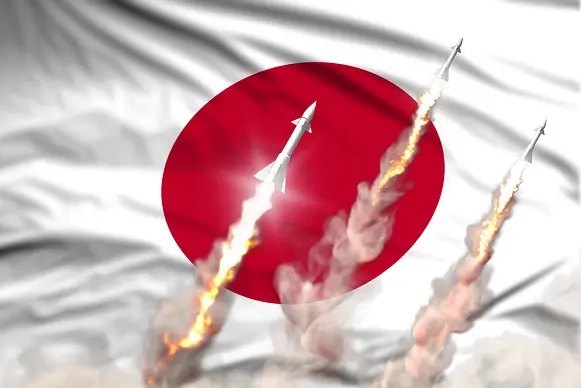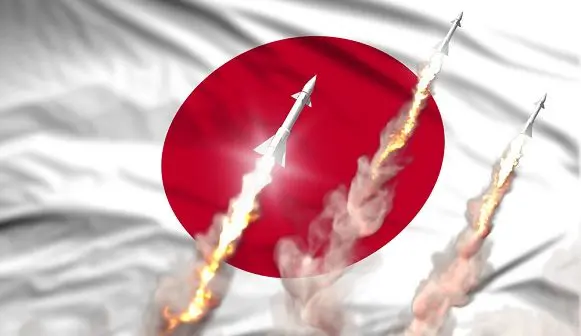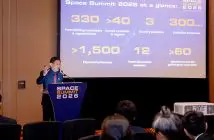
Written by staff writer.
Japan’s space program has suffered a serious setback following the failed maiden launch of its flagship H3 rocket on March 7, 2023. The rocket, touted as a possible competitor to SpaceX’s Falcon 9, was deliberately destroyed minutes after lift-off after the second-stage engine failed to ignite.
The Japan Aerospace Exploration Agency (JAXA) launched the 57-metre-tall rocket from the Tanegashima Space Center at 10.37 am (local time) on Tuesday. Around five and a half minutes after the launch, JAXA issued a stage separation and second-stage ignition command. Ninety seconds later, JAXA’s live stream showed the rocket’s velocity falling, and the space agency could not confirm the ignition of the second-stage engine. JAXA then issued a self-destruct message to the rocket, ending the mission.
It was the second time JAXA had attempted to launch the H3 rocket. In mid-February, the rocket’s then maiden lift-off was aborted at the last minute. Engineers later determined that there was a problem with the electrical system which supplied power to the first-stage engines.
Japan’s Science Minister Keiko Nagaoka called the latest incident “extremely regrettable” and said investigators would work to determine the cause. The H3 rocket is a decade-long joint venture between JAXA and Mitsubishi Heavy Industries and is poised to replace the H-IIA rocket that is due to have its final flight next year. So far, H3 development costs have totalled ¥206 billion (AUD2.3 billion).
Fuelled by LE-9 liquid hydrogen-liquid oxygen engines, the H3 rocket is designed to be inexpensive, reliable, flexible, and facilitate Japan’s entry into the commercial space sector. Onboard this week’s flight was JAXA’s Advanced Land Observing Satellite-3 “DAICHI-3” (ALOS-3). The satellite was to serve as a land observation and disaster management vehicle. There are also reports that the satellite was equipped with an experimental sensor to detect North Korean missile launches.
JAXA had hoped to launch the H3 rocket in 2020 and build up to six launches yearly. Engineering problems saw the launch date delayed by three years. Those problems included the discovery of cracks in the first-stage engine, which JAXA later resolved through design changes. In addition to its commercial potential, the Japanese Government sees the program as critical to the country’s sovereign capability to deploy surveillance satellites. The H3 rocket is also expected to support NASA’s Artemis program’s Lunar Gateway project.
However, following the rocket’s destruction this week, Japanese space commentators say there could be significant repercussions and delays for Japan’s space program.
“This will have a serious impact on Japan’s future space policy, space business and technological competitiveness,” Hirotaka Watanabe, an Osaka University space policy professor, told Reuters. “Unlike the previous cancellation and postponement, this time it was a complete failure.”
Koichi Yonemoto, professor of Science at Tokyo University, is quoted in local media saying the failure could have an “extremely large” impact on Japan’s space development strategy. JAXA’s emeritus professor, Yasunori Matogawa, added that unless JAXA quickly determined the cause, “we may lose credibility regarding our entry into the global rocket market.”
JAXA President Hiroshi Yamakawa has apologized for the failed launch, adding that the space agency needs to determine the cause before commenting on its long-term impact on the country’s space program.





